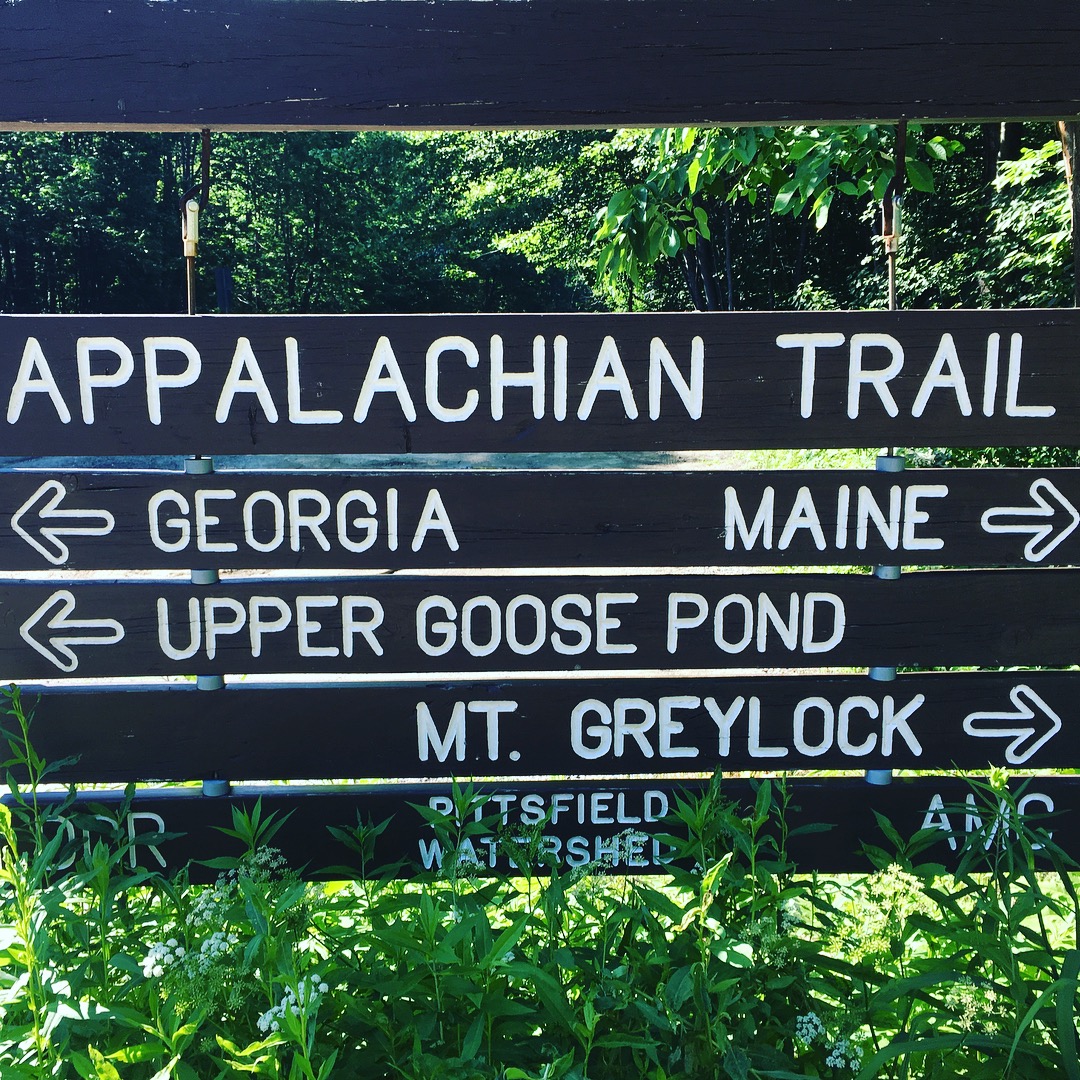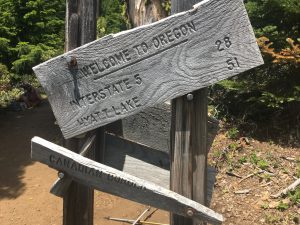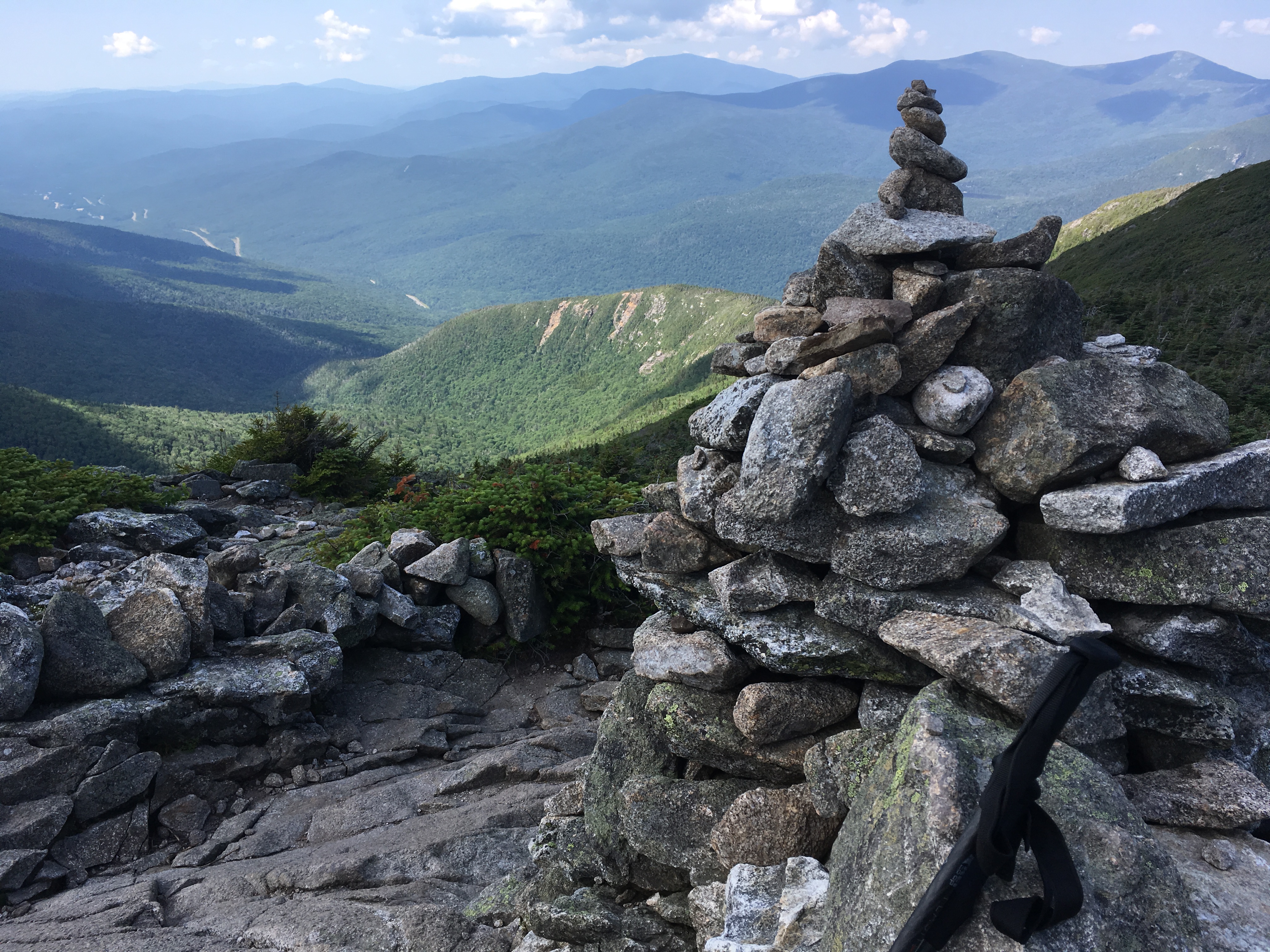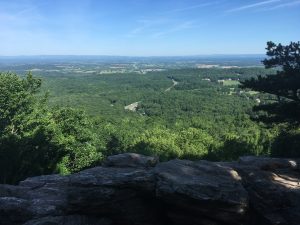Everyone in the world has challenging moments, whether big or small, frequent or not. Some are more emotional, such as a break-up or death of a loved one, while others are physical, like recovering from hip surgery or walking up a set of stairs. How we come out of these challenges can have a lasting effect on how we see ourselves as succeeding or failing.
This begs the question, what is success? And what is failure? Subjective by nature, it is all about how much love and confidence we have in ourselves to run the gauntlet and see which one we end up with. If we face a challenge head on yet do not come out as successful as we hoped, often times we skirt around the next one out of fear of making a similar mistake- held back by a fear of failure.
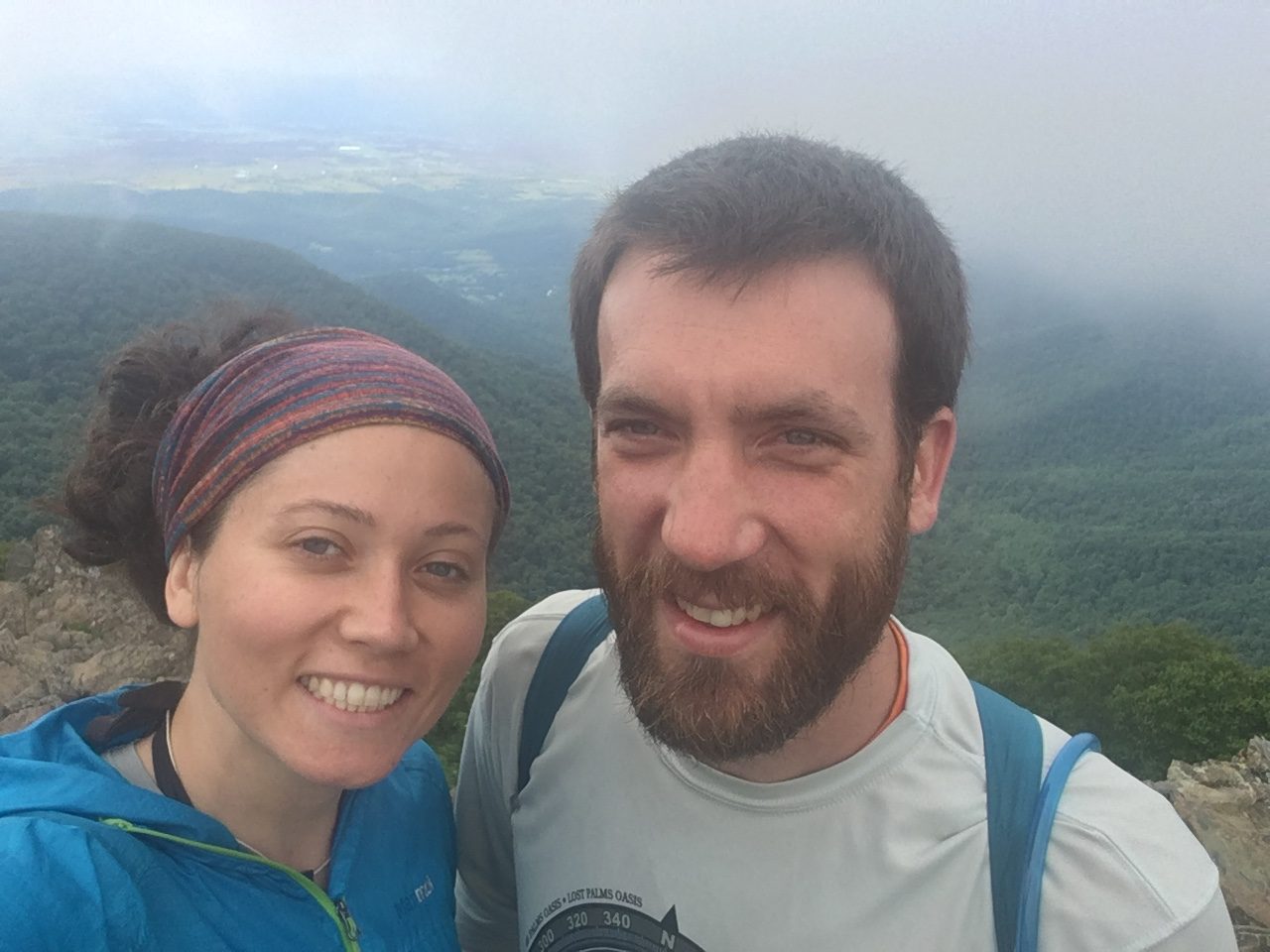
I have failed at who I thought I was supposed to be many times, and many times again. But who I was “supposed to be” was merely a story I was telling myself, not one based on my actual experiences. A true test to my character is how well I do with who I am right now, as a combination of all the mistakes, experiences, failures, and successes that have led me to where I am at this moment.
Day 22 on the Appalachian Trail:
Not a bad day terrain-wise, but my turf toe is flaring up for the first time in a few years, so not only am I slow on the uphills but now also limping on the flats and down hills. I’m sure I look like an 80 year-old trapped in a 30 year-old’s body. Machine patiently walked the down hill with me, handing me gummy bears along the way to help.
I met Lawn Chair and Dropbear today after I rolled – shuffled – into the first shelter to get water. I hadn’t had anything to drink since dinner and was parched. I saw Pacman on the side trail to the shelter and stopped to catch up with him for a while. It was so nice to see a smiling familiar face I hardly noticed I was still wearing my pack after ten minutes of chatting.
[Thru-hikers have trail names that are not their actual names, usually given to them by other hikers or themselves, from either a funny story or unique situation]
It poured on us for about an hour today, but it wasn’t awful. We got to Spivey Gap and a big white van was there with an older man. He popped his balding head out and yelled “Trail magic!” Our faces lit up as though he yelled “Christmas!” as we hurried over, me limping behind Machine, slightly wishing we were tethered so he could pull me along. We all chatted and the older man (Rob) gave us sodas and snacks – or heaven, as we called them.

For me, after my mental game was somewhat exhausted, it was all about the people that allowed me to get through my tough moments. Whether I had known them for a day, a week, or even an hour, I knew we were going through this together and could all relate to what I was experiencing.
When I was stumbling down the trail my motivation dropped immensely, but seeing my friends and meeting new ones helped push me through painful moments. Seeing a friendly familiar face, reaching out to others, or hearing that they are having the same pains you are really does help.
But there are other techniques hikers implement to surpass hard times, which can also be utilized in our off-trail lives. For a broader perspective, I turn to some of the interviews I conducted on the AT during my thru-hike. Though they are non-identifiable, they still exude various ways in which each got through their own set of adversities.
How have you overcome adversity while on the trail?
One hiker said, “Grit your teeth and deal with it. Everyone gets blisters. No one feels 100% ever. Sometimes you’re 95% but sometimes you’re at 50%. People get sick and injured. I have a pretty high belief in my body’s robustness. I’ll get over it probably. People wrap up what’s hurting. You’re always uncomfortable. Our tolerance for pain has increased, especially from the beginning.”
Another hiker had a different strategy: “I suffered from tendonitis for 2 weeks in my left foot and kept walking despite the pain. I ran into an ex-hiker who housed me for 2 nights and took care of me. It helped me greatly how she took care of my condition. Friends prior to that were staying behind with me at hostels to make sure I had a ZERO and were getting better. That’s how I overcame that adversity, others were just manageable.”
“Remembering you’re doing something so epic and amazing and this part may suck, but imagine what’s coming up. People don’t get to do this and won’t. I call my wife on my worst days; she said I’m not welcome home ’til I finish. I called her last week on my breakdown – she helped. My parents help too. I didn’t think they’d be so supportive. They’re my cheerleaders and are following my every step. I’m overwhelmed by how supportive and motivating they are, always asking how they can help,” said a hiker in his mid-forties.

We all deal with adversities in various ways. Some people push forward with resilience learned throughout their lives, like the first hiker above, while others need outside sources such as journaling, exercise, meditation, or help from others.
The second hiker resembles this in how he was able to push forward after receiving aid from strangers and friends. People he didn’t even know were coming to his side, along with those he had been hiking with for quite some time. For him, like myself and many others, it was the relationships that got him through the hard times. In both mental and physical challenges, leaning on others helped get past hard times, with people on the trail and loved ones at home.
Though I admit many times I grit my teeth and try to deal with whatever adversities in life come my way, I am always floored by the difference another person can make. Sometimes I just need a new perspective on my situation to bring things to light I wasn’t noticing. Other times I may need to vent to someone, even though I may not have realized it before.
In the end I can take what worked for me, and the hikers I interviewed, and discard the rest. As long as I learned something new along the way, it isn’t failure (or at least not the negative spin on the word we hear too often). It doesn’t matter that I might fail. What matters is that it is worth trying.
